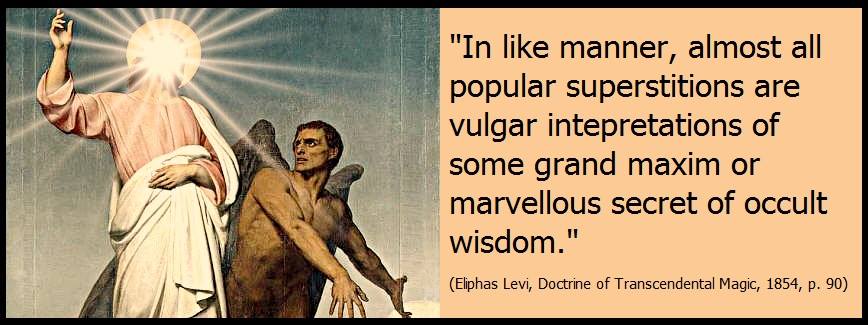Scholastic skeptics, as well as ignorant materialists, have greatly amused themselves for the last two centuries over the absurdities attributed to Pythagoras by his biographer, Iamblichus. The Samian philosopher is said to have persuaded a she-bear to give up eating human flesh; to have forced a white eagle to descend to him from the clouds, and to have subdued him by stroking him gently with the hand, and by talking to him. On another occasion, Pythagoras actually persuaded an ox to renounce eating beans, by merely whispering in the animal’s ear! Oh, ignorance and superstition of our forefathers, how ridiculous they appear in the eyes of our enlightened generations! Let us, however, analyze this absurdity. Every day we see unlettered men, proprietors of strolling menageries, taming and completely subduing the most ferocious animals, merely by the power of their irresistible will. Nay, we have at the present moment in Europe several young and physically-weak girls, under twenty years of age, fearlessly doing the same thing. Every one has either witnessed or heard of the seemingly magical power of some mesmerizers and psychologists. They are able to subjugate their patients for any length of time. Regazzoni, the mesmerist who excited such wonder in France and London, has achieved far more extraordinary feats than what is above attributed to Pythagoras. Why, then, accuse the ancient biographers of such men as Pythagoras and Apollonius of Tyana of either wilful misrepresentation or absurd superstition? When we realize that
Page 284
the majority of those who are so skeptical as to the magical powers possessed by the ancient philosophers, who laugh at the old theogonies and the fallacies of mythology, nevertheless have an implicit faith in the records and inspiration of their Bible, hardly daring to doubt even that monstrous absurdity that Joshua arrested the course of the sun, we may well say Amen to Godfrey Higgins’ just rebuke: “When I find,” he says, “learned men believing Genesis literally, which the ancients, with all their failings, had too much sense to receive except allegorically, I am tempted to doubt the reality of the improvement of the human mind.”
One of the very few commentators on old Greek and Latin authors, who have given their just dues to the ancients for their mental development, is Thomas Taylor. In his translation of Iamblichus’ Life of Pythagoras, we find him remarking as follows: “Since Pythagoras, as Iamblichus informs us, was initiated in all the Mysteries of Byblus and Tyre, in the sacred operations of the Syrians, and in the Mysteries of the Phoenicians, and also that he spent two and twenty years in the adyta of temples in Egypt, associated with the magians in Babylon, and was instructed by them in their venerable knowledge, it is not at all wonderful that he was skilled in magic, or theurgy, and was therefore able to perform things which surpass merely human power, and which appear to be perfectly incredible to the vulgar.”
The universal ether was not, in their eyes, simply a something stretching, tenantless, throughout the expanse of heaven; it was a boundless ocean peopled like our familiar seas with monstrous and minor creatures, and having in its every molecule the germs of life. Like the finny tribes which swarm in our oceans and smaller bodies of water, each kind having its habitat in some spot to which it is curiously adapted, some friendly and some inimical to man, some pleasant and some frightful to behold, some seeking the refuge of quiet nooks and land-locked harbors, and some traversing great areas of water, the various races of the elemental spirits were believed by them to inhabit the different portions of the great ethereal ocean, and to be exactly adapted to their respective conditions. If we will only bear in mind the fact that the rushing of planets through space must create as absolute a disturbance in this plastic and attenuated medium, as the passage of a cannon shot does in the air or that of a steamer in the water, and on a cosmic scale, we can understand that certain planetary aspects, admitting our premises to be true, may produce much more violent agitation and cause much stronger currents to flow in a given direction, than others. With the same premises conceded, we may also see why, by such various aspects of the stars, shoals of

Moe is the founder of GnosticWarrior.com. He is a father, husband, author, martial arts black belt, and an expert in Gnosticism, the occult, and esotericism.

![How one in the province of the Northumbrians, rose from the dead, and related many things which he had seen, some to be greatly dreaded and some to be desired [Circ. 696 A.D.] | Book 5 | Chapter 11 How one in the province of the Northumbrians, rose from the dead, and related many things which he had seen, some to be greatly dreaded and some to be desired [Circ. 696 A.D.] | Book 5 | Chapter 11](https://www.gnosticwarrior.com/wp-content/plugins/contextual-related-posts/default.png)




